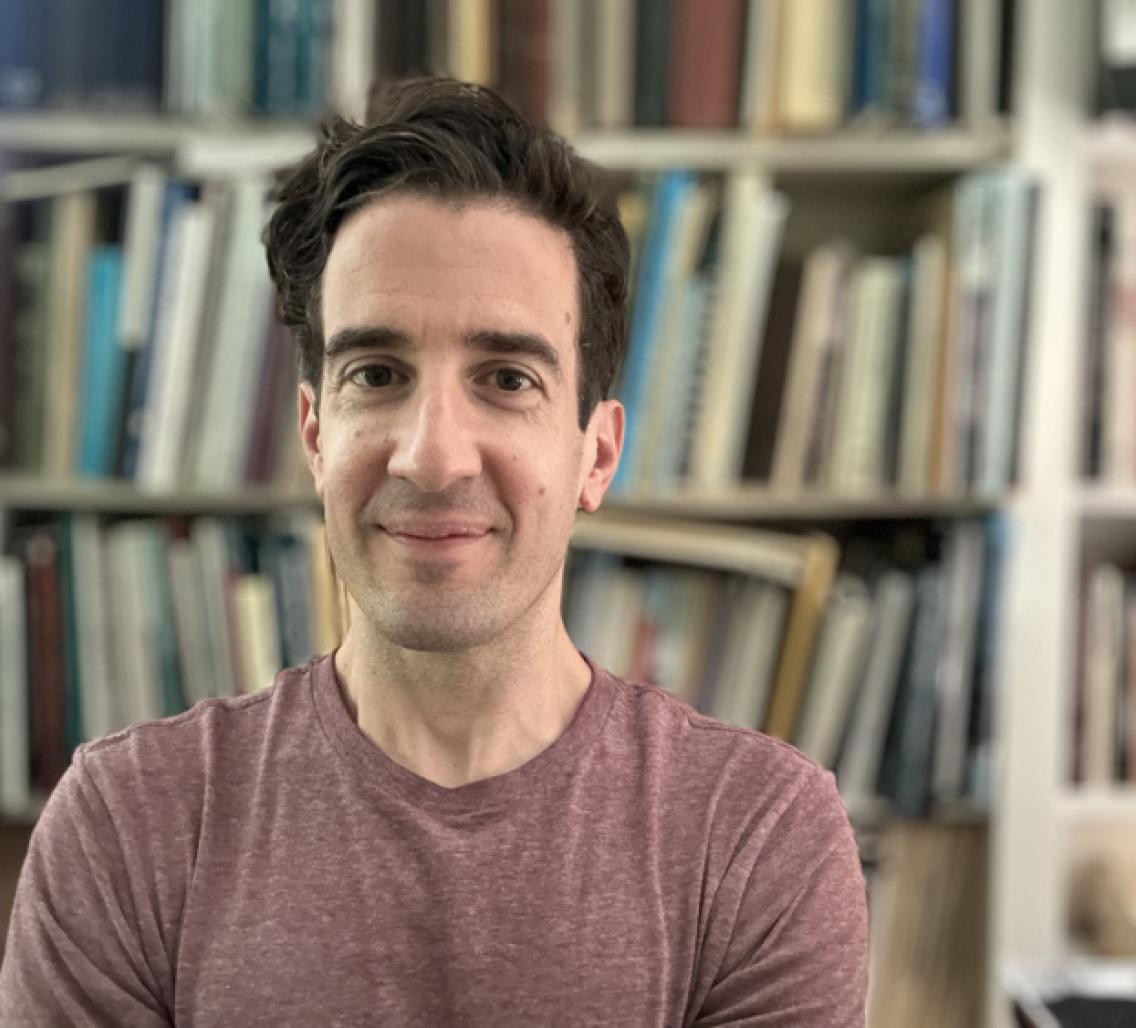Event Details:

Join us at Gunn Rotunda in the Stanford Neurosciences Building to learn about the latest cutting-edge, cross-disciplinary brain research, from biochemistry to behavior and beyond
Join the speaker for coffee, cookies, and conversation before the talk, starting at 11:45 am.
Peering into the Operating System: Sleep and Disease
Abstract
Sleep and neurodegenerative disease are two powerful levers with which core principles of the brain's capacity for complex computation can be unpacked. Each of these phenomena is closely linked to homeostatic processes that maintain computationally essential set-points in neuronal networks. Our recent research attempts to explain the core, restorative aspect of sleep and the central dynamical impact of neurodegenerative disease, all in pursuit of understanding the brain’s computational regime. We adopt the logical premise that the principles of neurobiological computation should be revealed by studying systems in which function—and therefore computation—is predictably varied. Sleep is assumed to subserve homeostatic processes in the brain because sleep restores functional capacity, and stable function requires compensatory tuning of circuits in the face of experience. However, the set-point around which sleep tunes circuit computation is unknown. Our evidence from extensive cortical recordings in freely behaving rats suggests that sleep acts to restore a computational set-point known as criticality—a state that optimizes complex computation. Criticality is perturbed by waking experiences in a use-dependent fashion and predicts future sleep/wake behavior more reliably than conventional measures such as slow wave activity. Conversely, neurodegenerative disease constitutes a failure to maintain computational capacity and robustness. To understand which set-points in neuronal activity are compromised by disease, we conducted 27,000 hours of hippocampal single unit recordings across the lifespan of a mouse model of tauopathy. Remarkably, individual neuronal set-points are resilient to disease. However, tauopathy significantly impairs the inter-neuronal flow of information. This disruption culminates in the collapse of network criticality. This occurs in a sleep/wake-dependent fashion and can be used to identify an animal's genotype and predict underlying molecular pathology. By intersecting the study of sleep and neurodegeneration, our work suggests mathematical principles of optimal function. This talk will synthesize these findings and attempt to provide a comprehensive view of the critical operating set-points that govern both the restorative mechanisms of sleep and the computational breakdowns that characterize neurodegenerative disease.
Keith Hengen, Ph.D.
Washington University in St. Louis
Keith Hengen earned his Ph.D. at the University of Wisconsin-Madison, and, as a postdoctoral researcher, worked under the guidance of Gina Turrigiano at Brandeis University. There, he delved into the core principles of homeostatic plasticity in the intact brain and began exploring topics such as sleep, emergent dynamics, and optimal computation. In 2017, Keith assumed a faculty position in the Department of Biology at Washington University in St. Louis. The Hengen Lab primarily posits that the most important feature of neurobiological computation is reliability, which serves as a foundational element for learning, complex behavior, and cognition. To explore this, the lab employs a multidisciplinary approach that includes long-term neurophysiology, computational modeling, theory, and cell biology. Keith's work has been recognized through several prestigious awards, including the Allen Institute's Next Generation Leader Award and the BrightFocus Foundation’s Outstanding Achievement Award in Alzheimer’s Disease Research.
Hosted by - Luis de Lecea, Ph.D. (visit lab website)
About the Wu Tsai Neuro Seminar Series
The Wu Tsai Neurosciences Institute seminar series brings together the Stanford neuroscience community to discuss cutting-edge, cross-disciplinary brain research, from biochemistry to behavior and beyond.
Topics include new discoveries in fundamental neurobiology; advances in human and translational neuroscience; insights from computational and theoretical neuroscience; and the development of novel research technologies and neuro-engineering breakthroughs.
Unless otherwise noted, seminars are held Thursdays at 12:00 noon PT.